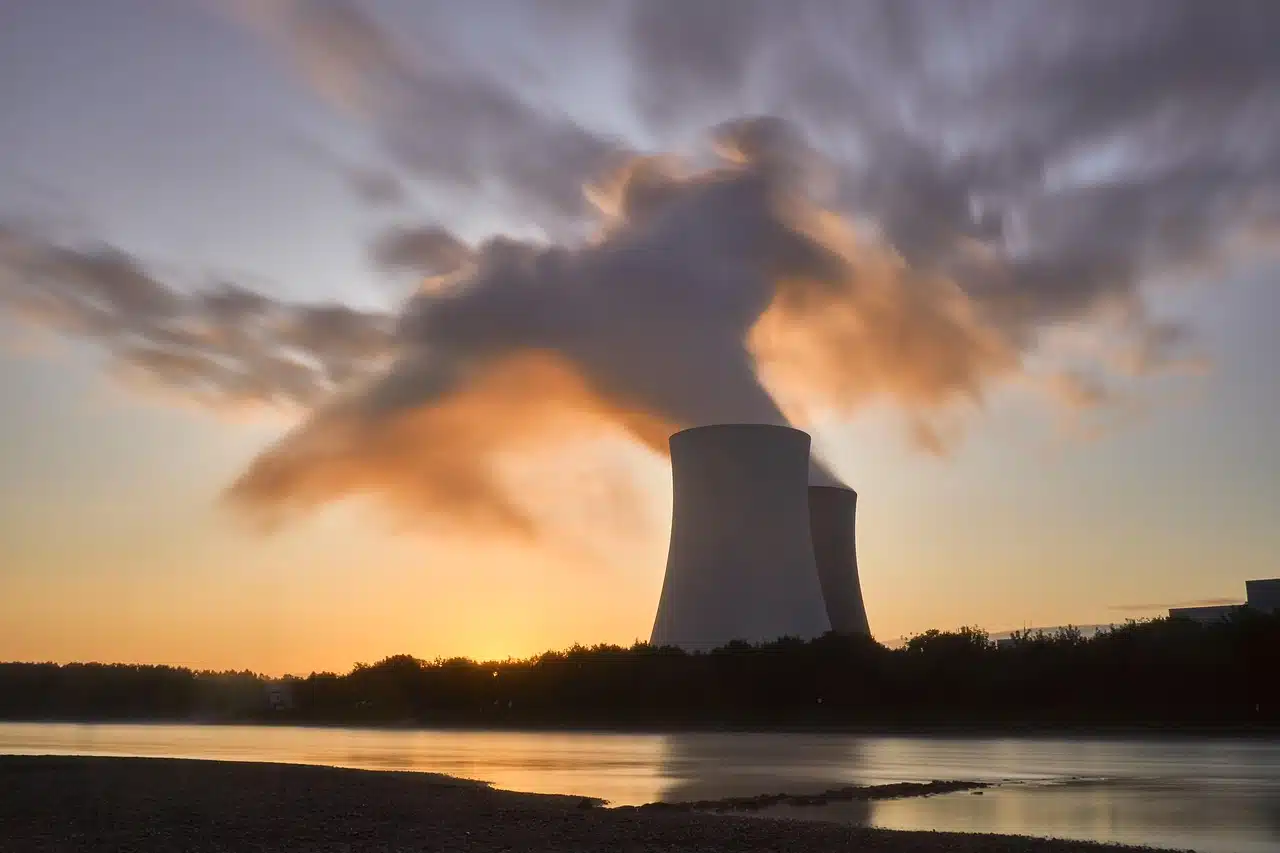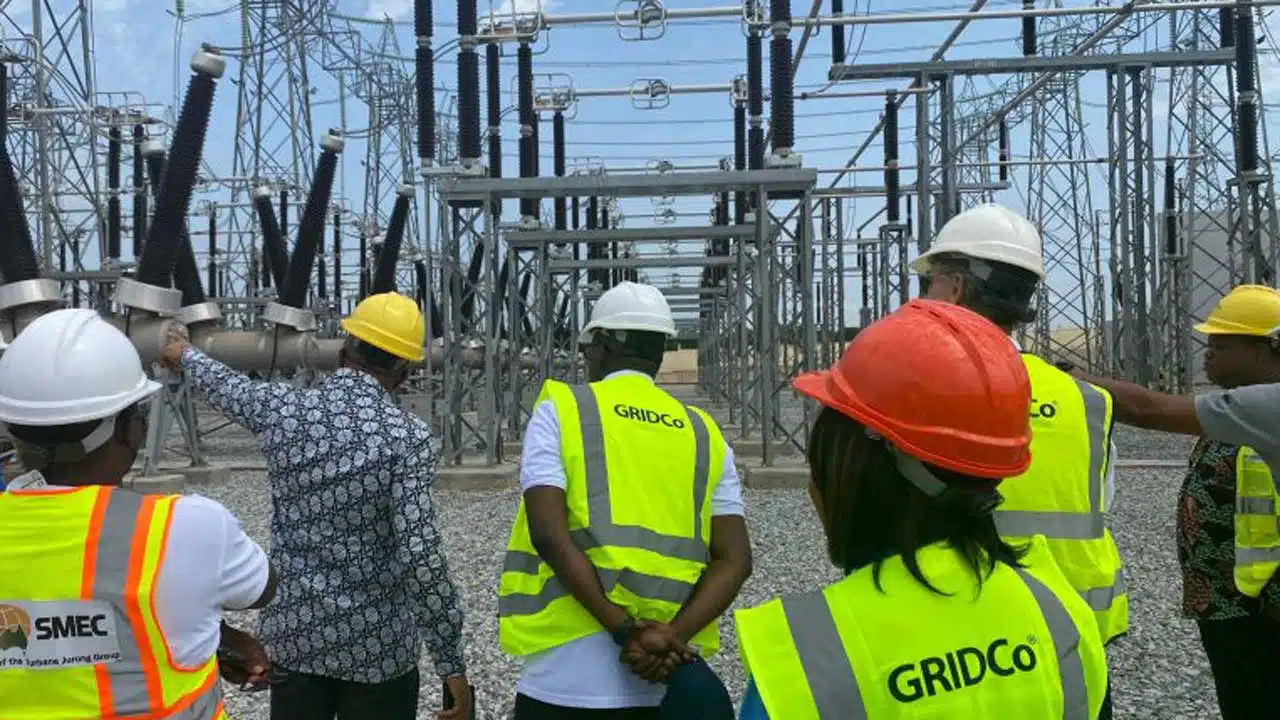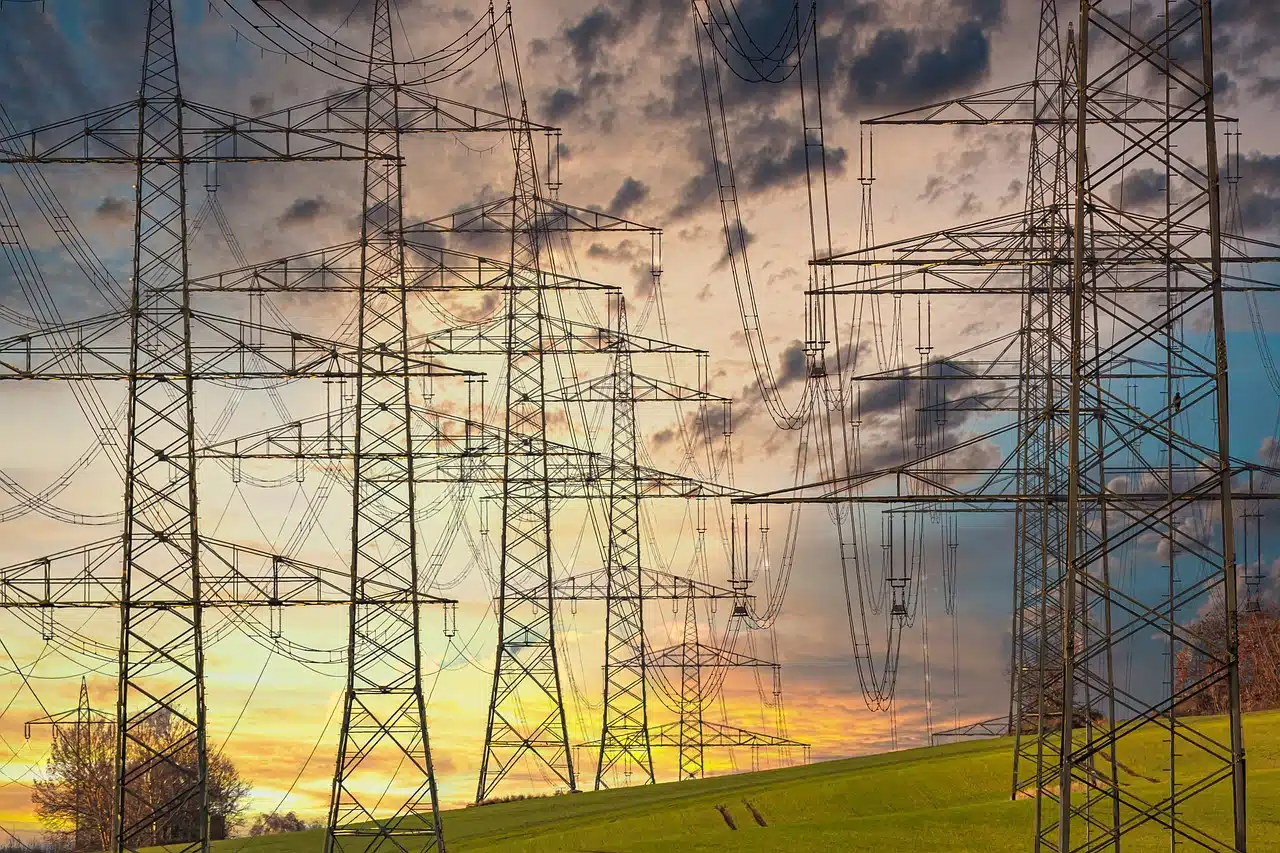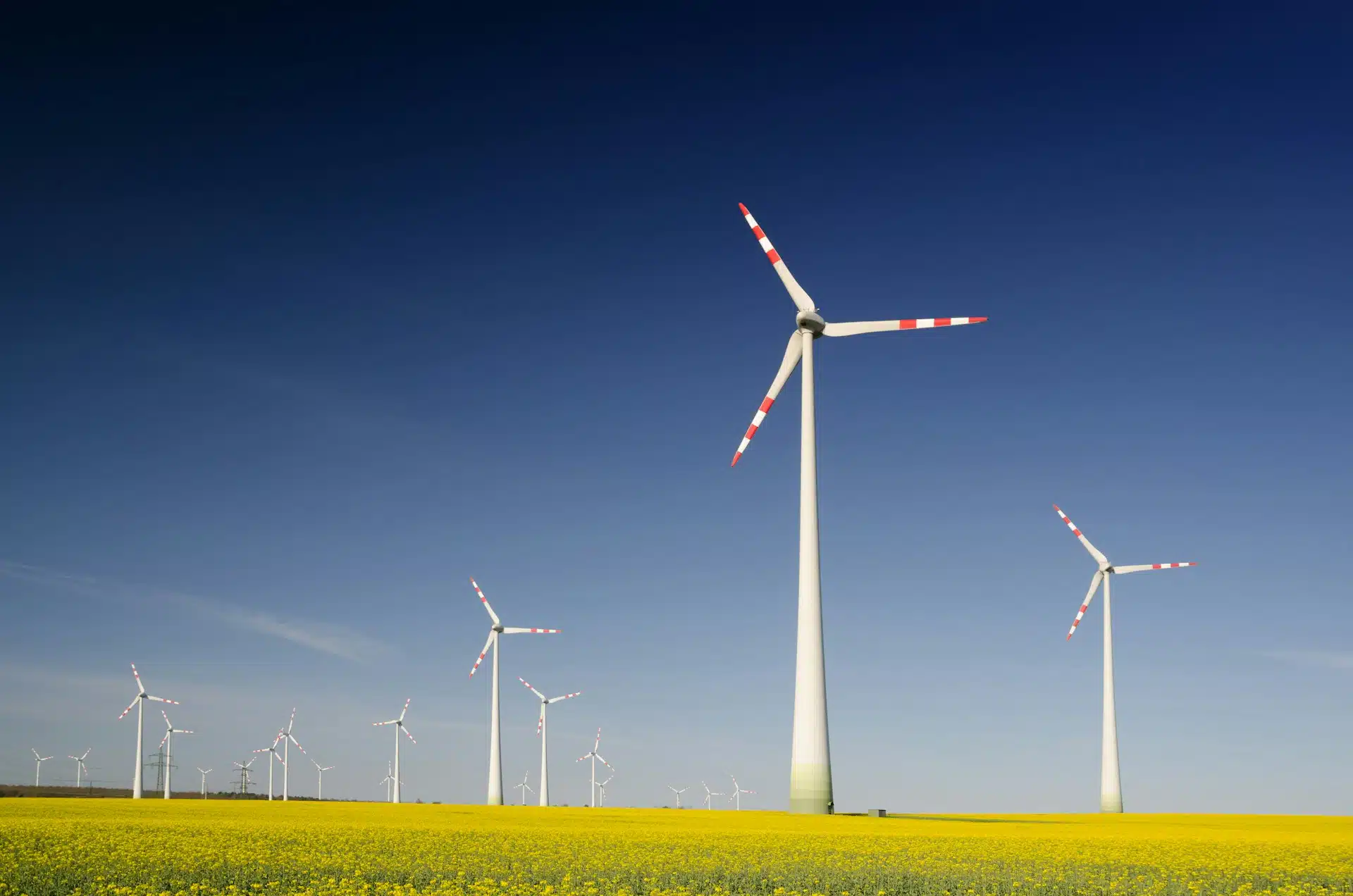For most people living in Nigeria, constant electricity is an expensive luxury. Nigeria, Africa’s most populous country, still has about 90 million people without a lit lightbulb in their homes.
And for the minority who are lucky to enjoy some form of electricity, it’s usually erratic and unstable given the meagre power capacity the country’s main grid produces.
Nigeria’s national grid, at its full capacity, generates no more than 4,700 to 4,900 megawatts (MW), whereas other African countries with smaller populations have power grids that produce triple—and even quadruple—that amount.
Nigeria has 200 million people. Kenya, on the other hand, has about 56 million, while South Africa has somewhere between 63 to 64 million. However, both Kenya and South Africa have power grids that generate about 27,000 MW and 58,000 MW respectively.
With more people, homes, and businesses depending on the country’s centralised national grid, the power system is inadvertently susceptible to failure, tripping, and, in some cases, complete shutdowns that leave cities and communities in total blackouts for hours.
In 2024 alone, the national grid experienced about 12 major system failures, all of which resulted in nationwide power outages.
For most people, the conversation around Nigeria’s electricity crisis revolves around alternative energy sources—particularly renewable energy.
Without a doubt, the African country has huge potential for a sun-driven energy infrastructure. With the emergence of mini- and micro-grids, individualised solar panels that provide constant electricity in homes and power small businesses seem like the way to go.
But solar energy is not without its limitations. For a start, the infrastructure behind the power system itself isn’t cheap.
Solar panels also require backup batteries and/or power storage facilities in the absence of intense sunshine, which is usually the case during the rainy season.
For Samuel Ajayi, however, a US-based PhD nuclear physicist, the answer is in nuclear energy.
Ajayi, who spoke to me in a lengthy interview earlier last week, said his research focuses on investigating the excited states of the atomic nucleus.

According to the scientist, his campaign and advocacy is to educate Nigerians on the importance of nuclear energy as a sustainable alternative to the country’s lingering electricity crisis.
How does it work?
Well, Ajayi believes that through structured technological development coupled with political determination, Nigeria can generate enough power not only to pull the 90 million people out of perpetual darkness but also to drive an industrial revolution that will lead to economic prosperity.
A member of the American Nuclear Society, the Nigerian-born scientist argues that the country has the right climate, human resources, and expertise to help drive the nuclear power revolution.
“We have a lot of expertise both inside and outside Nigeria who can manage the technology quite efficiently,” he said to me.
The technology behind a nuclear power plant is both complex and sophisticated.
The energy from the plant is generated through a systemic method known as nuclear fission; this requires the splitting of uranium atoms in a reactor, which in turn produces excess heat that helps power homes, industries, and factories.
While the energy generated is not renewable, it, like solar panels and wind farms, does not produce greenhouse gas emissions, Ajayi told me.
“The beautiful thing about nuclear energy is that it has low or no carbon emission, almost zero carbon emission.
“Why? Greenhouse gases are not generated in a nuclear reactor. Of course, it generates radiation, which can be a concern to the public. But there are multiple ways to protect people from radiation.”
The key ingredient in nuclear energy is uranium.
Like most mineral-rich African countries, Nigeria has a huge uranium deposit. It, however, mines and exports this rare mineral to countries in Europe, Asia, and America.
More sadly, landlocked West African country, Niger, is considered one of the uranium capitals of the world. But the resource is mostly extracted in large quantities and exported to France, Spain, and Japan.
Like Nigeria, Niger also struggles with electricity crises, with records of month-long power outages and blackouts in key cities.
As a neighbour with shared borders, Nigeria supplies electricity to Niger to help cushion its blackouts.
Ajayi believes Nigeria’s uranium deposit can serve the country’s economic interest rather than being exported as raw material to countries that use it to power their own industries.
“Obviously what we are doing is not working, and any country without electricity can’t be industrialized,” he said dispassionately.
“We have uranium deposit in Nigeria. There is excessive uranium in Niger, too. But what do Nigeria and Niger do with its uranium? They export it to Europe! These uranium end up in reactors in France, Australia and other places,” the physicist added.
In its defense, Nigeria has attempted to use nuclear power as part of its energy mix to boost electricity supply.
In 2017, a Russian state-owned company known as Rosatom signed an agreement with the Nigeria Atomic Energy Commission, a federal agency, to build a nuclear plant in the country.
The deal then was suggested to be around $20 billion, according to a report by the BBC.
But like most proposed mega projects in the country, the proposal never scaled through as the government of the day moved on with other energy projects.
Ajayi said Nigeria needs the political will to return to such a plan, which will require collaboration with other countries and stakeholders who will help drive innovation in the country.
If France can produce around 379 terawatt-hours of electricity from its nuclear plants, he argues, Nigeria can at least do 1 or 2 gigawatts in the next ten years—a feat that will make the country the most electrified nation in all of Africa.
“It is not like it’s a new research that Nigeria will have to embark on. Countries are building it already.
“If there is the political will, the timeline will be in different stages which will include building the infrastructure, bringing the professionals together, getting the approvals from regulatory bodies both nationally and internationally,” Ajayi said.
For a country whose industrialisation goals hinge heavily on massive electricity demand, will it consider an ambitious alternative that may revolutionise every facet of its energy consumption?
Ajayi’s advocacy is that Nigeria has nothing to lose but virtually everything to gain by giving nuclear energy a chance as part of its energy mix. The question remains, will it?









